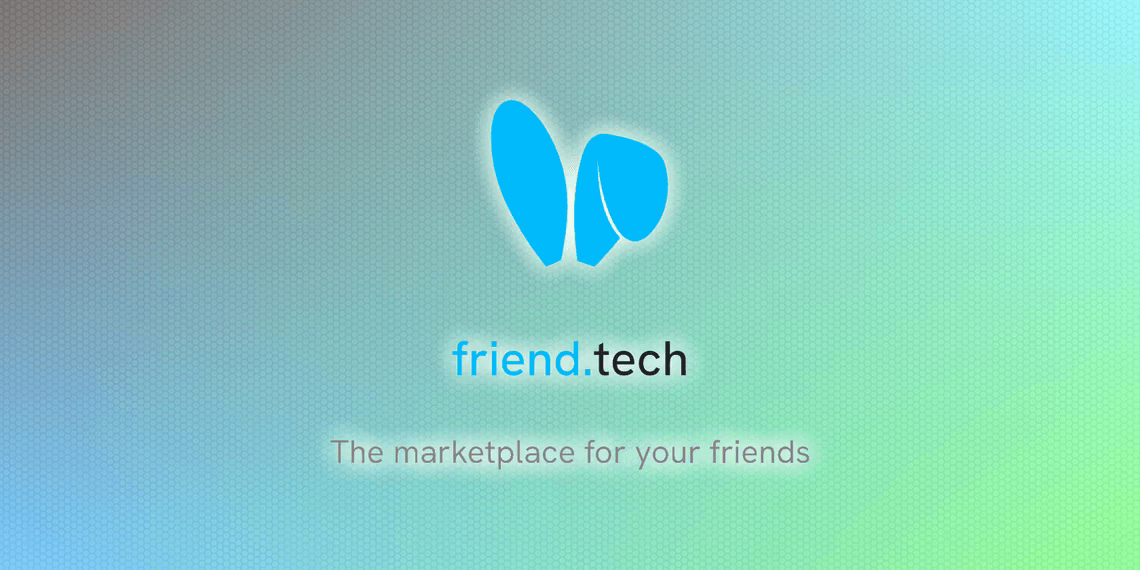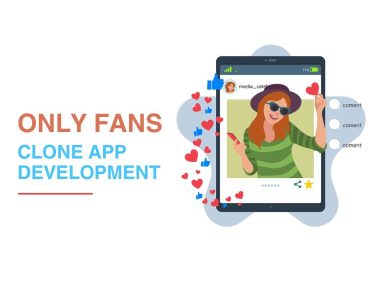1. Introducing Friend.tech
Imagine a world where your social media experience is free from algorithmic manipulation and data exploitation. Friend.tech, the decentralized social media (DeSo) platform, promises just that. Let’s delve into what makes this innovative platform tick and whether it lives up to the hype.
2. Unveiling the Core: What Is Friend.tech?
Friend.tech is not just another social media platform; it’s a radical departure from the norm. Built on Coinbase’s Layer 2 blockchain, Base, Friend.tech introduces a unique concept – users can tokenize their identities by buying and selling keys (formerly known as shares). These keys establish a direct connection between users and their followers, making each follower a shareholder.
3. The Ownership Principle: How Friend.tech Operates
Drawing inspiration from the stock market, Friend.tech operates on the ownership principle. By joining specific groups through Ethereum payments, users acquire shares in these groups. These shares hold both social engagement and potential financial value. When share values rise, users can sell and exit groups, offering a new dimension to social interaction.

4. Navigating Friend.tech: How It Works
Joining Friend.tech is a multi-step process. You need an invitation code and a connected X (formerly Twitter) account. A minimum deposit into the Base network grants full access to the platform’s features. This democratizes engagement while allowing users to control their online presence.
5. Momentum and Growth: Friend.tech’s Impact
Since its invite-only beta launch, Friend.tech has made waves. Within just eight days, it secured seed funding from crypto venture capital firm Paradigm, hinting at its potential. Data from Defi Llama showcases impressive figures, with millions generated in fees and a substantial user base engaged in transactions and trading.
6. Assessing Safety and Credibility
The debate surrounding Friend.tech’s authenticity and safety is vigorous. Industry leaders like David Phelps commend its user experience and decentralization. However, critics highlight revenue generation solely through trading fees and raise concerns about potential misuse for personal gain.
7. Sustainability Debate: Friend.tech’s Future
As Friend.tech garners attention, skeptics draw parallels to past DeSo apps like BitClout. Opinions vary, with some predicting its collapse due to market trends. Yet, Friend.tech’s unique approach, emphasizing privacy and authenticity, positions it as a potential game-changer in the evolving landscape of social media.
8. Embracing the Friend.tech Hype Train
In a world where algorithm-driven platforms dominate, Friend.tech introduces a refreshing alternative. Whether or not it withstands the test of time, Friend.tech’s focus on decentralization, privacy, and diverse content options makes it an intriguing player in the Web3 era. As the realm of decentralized social media unfolds, Friend.tech offers a glimpse into the possibilities ahead.

Key Insights at a Glance
| Aspect | Key Points |
|---|---|
| Platform Essence | Decentralized social media with cryptocurrency twist, empowering users to tokenize identities. |
| Operating Principle | Users join groups, acquire shares, and benefit from rising share values. |
| User Journey | Invitation code, connected X account, deposit grant access to Friend.tech. |
| Growth Trajectory | Rapid growth, seed funding from Paradigm, millions generated in fees, substantial user engagement. |
| Safety Assessment | Applause for user experience, concerns about revenue model and potential misuse. |
| Sustainability Debate | Varying opinions on Friend.tech’s future, emphasis on privacy and authenticity. |
Comparative Table: Friend.tech vs. Traditional Social Media
| Feature | Friend.tech | Traditional Social Media |
|---|---|---|
| Data Control | Users control content and engagement, no algorithmic manipulation. | Algorithm-driven content display. |
| Ownership Model | Users tokenize identities, become shareholders. | Users don’t hold ownership of the platform. |
| Engagement | Direct interaction between users and followers. | Interaction through likes, comments, and shares. |
| Privacy | Emphasis on user privacy and data security. | Privacy concerns due to data sharing. |
| Monetization | Revenue from trading fees, potential for users to earn. | Platform earns from ads and user data. |
| Innovation | Unique ownership-driven model, decentralization. | Traditional models with limited user influence. |
In a world where centralized social media platforms dominate, Friend.tech emerges as a beacon of change, offering users unprecedented control, ownership, and engagement. The debate over its long-term viability notwithstanding, Friend.tech’s fusion of decentralization and cryptocurrency injects new life into the evolving realm of social media. As Web3 reshapes our digital interactions, Friend.tech stands as a testament to the power of innovation and user-centric platforms.




